Share this
3 Security Tips From an Ex-NSA Hacker
by Josh Lamb on Dec 5, 2019 12:00:00 AM
This year, a key theme at the annual ITNATION conference was cybersecurity for Managed Services Providers (MSPs) and IT departments. A growing trend in 2019 is criminal organizations gaining access to important system management tools, and using them to compromise several organizations at once.
Criminal organizations are realizing that if they can gain access to important system management tools, they are able to multiply the effectiveness of ransomware and phishing attacks. By hitting one organization, they can gain access to several more.
Today we’re bringing you 3 tips to mitigate these attacks from cybersecurity experts Chris Inglis (Former Deputy Director of the NSA, current member of the Blackpoint Cyber Board of Directors) and Jonathan Murchison (former NSA and now CEO of Blackpoint Cyber).
During a Q&A of the conference, Murchison was asked “What tactical strategies can help mitigate against these attacks?” Here’s the three pieces of advice he gave:
1. Implement Two-Factor Authentication (2FA)

Two-factor authentication (2FA) involves adding an additional credential to gain access to a system. Typically this is implemented as a PIN code which frequently changes. This additional layer means that simply having the correct username and password is not enough. The attackers job has now become much more difficult. 2FA also helps curb the threat of password reuse. If a password was used on multiple systems, 2FA can still deny an attacker access.
2. Restrict Outside Access
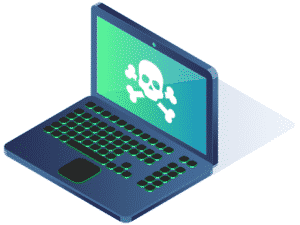
The move to cloud-based applications has also touched the IT management world. It is increasingly common for organizations to have cloud-based Remote Management and Monitoring (RMM) tools. This opens up the risk of an attacker logging in remotely and deploying malicious software to potentially thousands of computers. Murchison recommended that administrators should incorporate two safety measures to restrict access to their RMM.
- Restrict access to their RMM based on source IP. Only allow access from your authorized places of business.
- Require users to use a VPN into the office in order to use the RMM
By creating these restrictions, an outside attacker must go through several more layers before he is able to gain access to such a critical system.
3. Carefully Store Script Secrets
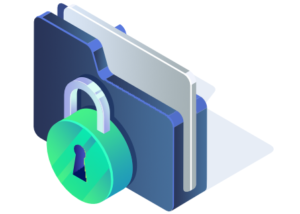
While many organizations rely heavily on IT management systems, it is common to also employ home-brewed scripts to fill in areas of automation where the existing tools lack a capability.
However, Murchison cautioned that IT providers can become careless with using administrator level credentials in these scripts. The result is that these passwords can show up in places like Windows event viewer. An attacker that has access to any computer using the script can obtain these unencrypted passwords and use them to cause havoc.
DNSFilter is committed to helping organizations secure their network by using A.I. to detect and deny access to internet threats. Our full support of industry standards like two-factor authentication and DNS-over-TLS give you total control over your organization’s DNS. Start a free trial today and enjoy the speed and security of DNSFilter.
Share this
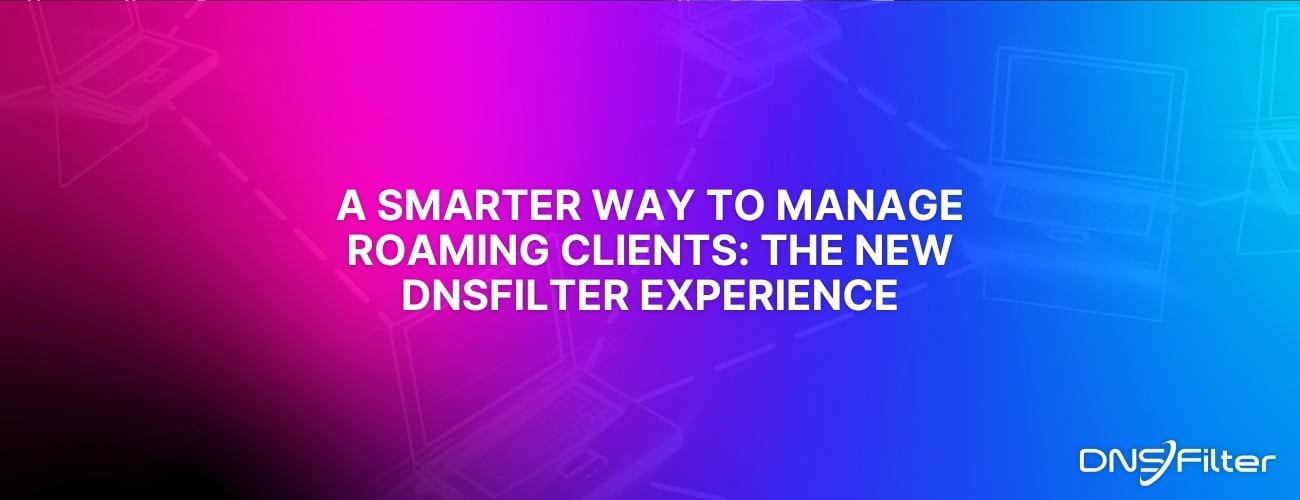 A Smarter Way to Manage Roaming Clients: The New DNSFilter Experience
A Smarter Way to Manage Roaming Clients: The New DNSFilter Experience
Managing endpoint security across an organization—whether as an MSP overseeing multiple customers or an admin overseeing a tech stack—should be simple, efficient, and effective. That’s why we’re excited to introduce a revamped Roaming Client management experience, designed to provide greater confidence and ease in managing your fleet of DNSFilter Roaming Clients.
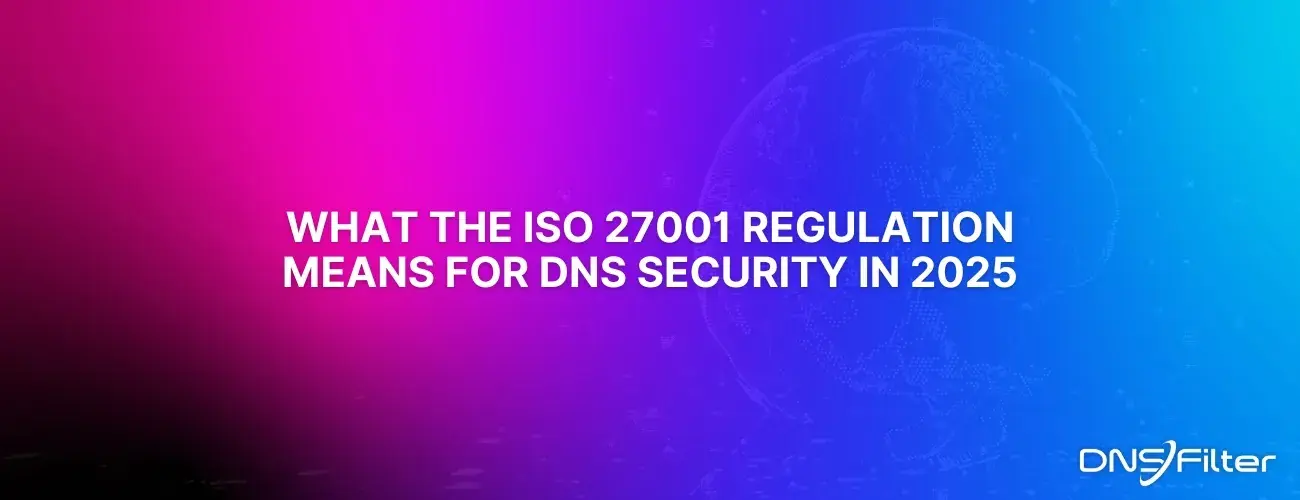 What the ISO 27001 Regulation Means for DNS Security in 2025
What the ISO 27001 Regulation Means for DNS Security in 2025
Why DNS Security Matters for ISO 27001 Certification
DNS security is more than just a technical concern—it’s a pillar of ISO 27001 compliance. As businesses work to protect sensitive data, secure network infrastructure, and meet regulatory requirements, DNS security solutions play a critical role in achieving ISO 27001 certification and ensuring compliance with evolving security standards.
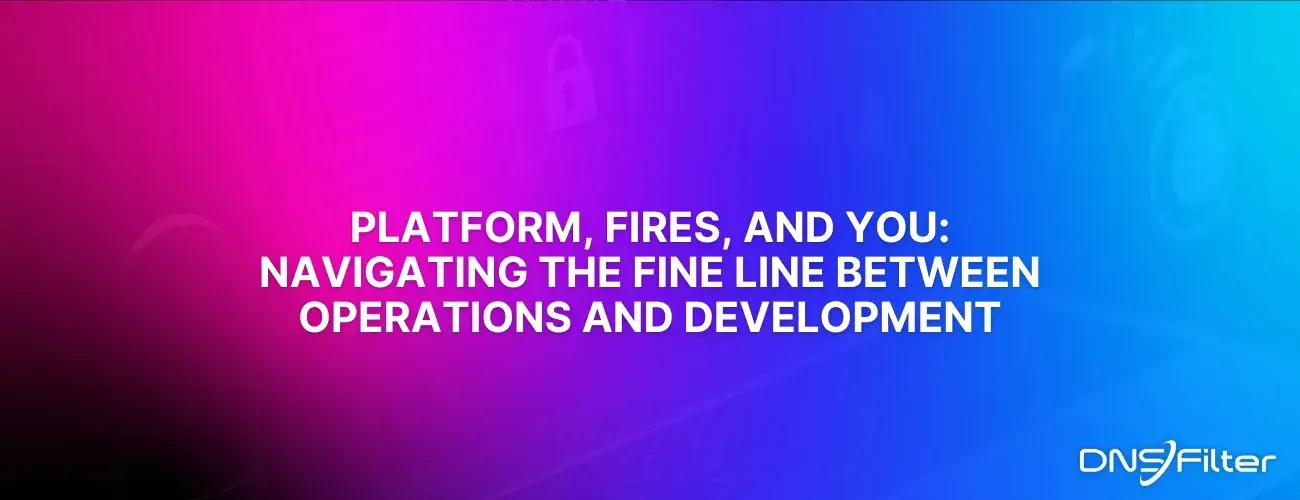 Platform, Fires, and You: Navigating the Fine Line Between Operations and Development
Platform, Fires, and You: Navigating the Fine Line Between Operations and Development
The Old-School Operations Role: Backbone or Bottleneck?
In the early days of IT, the operations team was the unsung hero—the silent, and often siloed, force that kept everything running. They were responsible for the infrastructure: Servers, databases, and networks that powered the business. They managed deployments, monitored systems, and ensured uptime. If it was working, no one noticed them. If it wasn't? Well, then the questions started: "Wha...


